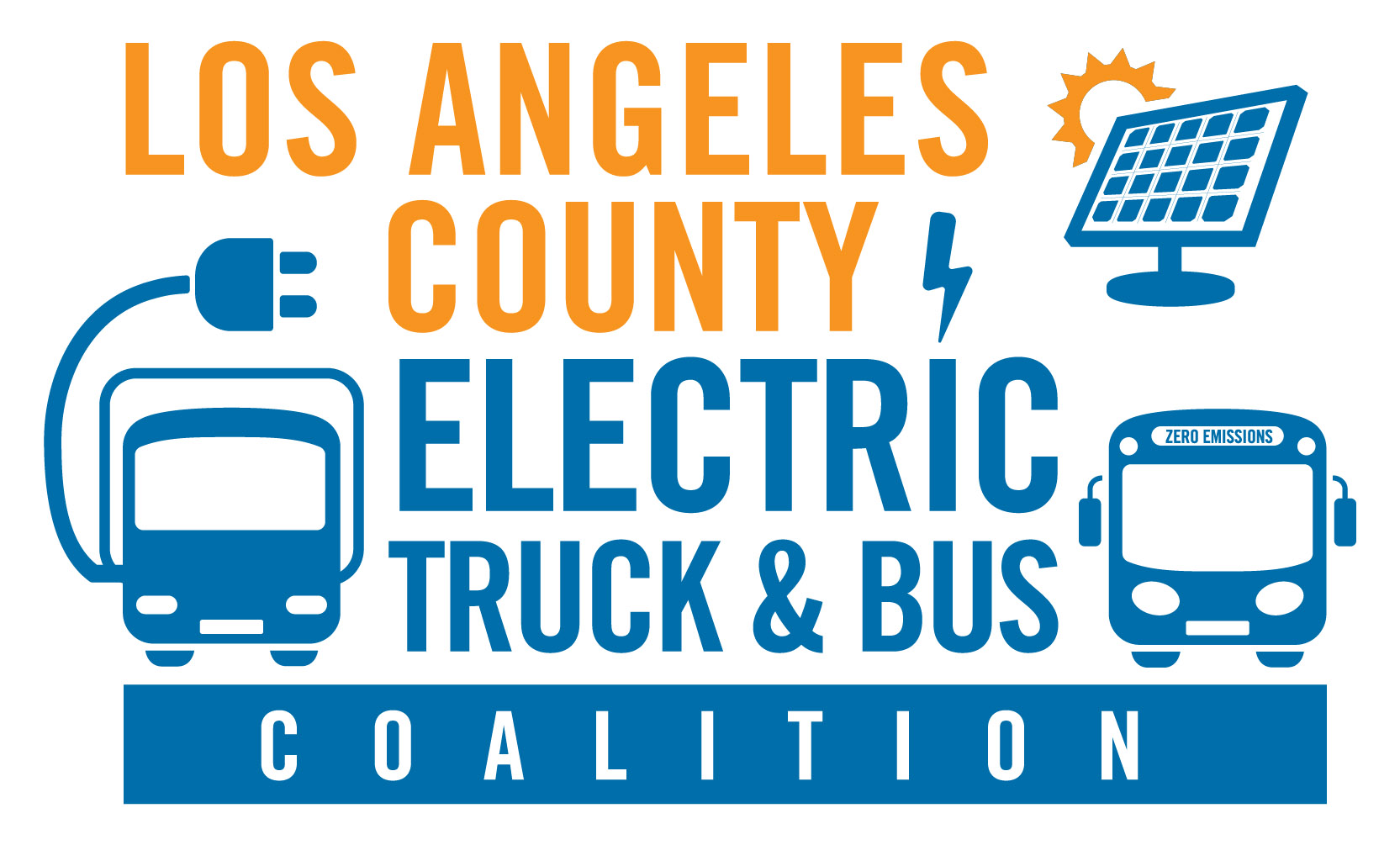Electric Transit Buses
Next Stop: 100% Electric Buses
Los Angeles has the third largest public transit system in the nation. Every day, LA’s transit buses transport a million Angelenos over three million miles all over the county. To date, most of these buses have been powered by dirty and outdated fossil fuels, which spew harmful emissions into our communities.
Foothill Transit’s electric bus fleet has traveled over one million miles. Image courtesy of Proterra
But fossil fuel’s reign is coming to an end. The region’s biggest transit agencies, including LA Metro, LADOT, Santa Monica Big Blue Bus, and Foothill Transit have all committed to stop using fossil-fuel powered buses by 2030. And the State of California passed a rule in 2018 requiring that all California transit agencies be 100% zero-emissions by 2040
Upgrading to zero emission buses is improving the quality of life in our urban communities, as electric buses emit no air pollutants and no noise pollution into our neighborhoods. Compared to compressed natural gas buses, each electric bus reduces carbon emissions up to 170,000 pounds per year and saves thousands of dollars on fueling and maintenance costs.
Our Blueprint for an Equitable Transition
Our coalition’s successes in the Los Angeles region are laying the groundwork for an all-electric bus fleet across the state and nationwide:
Members of IBEW Local 11 participate in Coalition’s demonstration for electric buses at LA Metro. Image courtesy of IBEW 11
We advocated that LA Metro make a historic commitment to transition its fleet of more than 2,400 buses to electric buses by 2030. In 2017, LA Metro made America’s largest investment in electric buses: $138 million in 2017, with plans to go fully electric by 2030.
We won a commitment from the LA City Council to transition the Department of Transportation’s 350 buses to electric by 2030 or sooner.
We won a commitment from the City of Santa Monica to increase the size of its initial zero-emission bus pilot project by 5x and to go all-electric by 2030.
Together, these commitments represent more than a quarter of all transit buses in the state.
We’re currently working with regional transit agencies to ensure that our transition to an all-electric fleet is an equitable process that creates health and economic benefits in LA’s underserved communities.
Frontline Communities First: We advocate that transit agencies prioritize electric buses for the communities most impacted by toxic air pollution, ensuring that this electric fleet will clean up the air around the public transit lifelines that move Los Angeles.
Local Buses Made Locally: We’re working with local policymakers to guide the development of the rapidly-expanding electric bus industry in a thoughtful way that nurtures this emerging local market by driving local and targeted hiring, job training, and apprenticeship programs in our communities.


